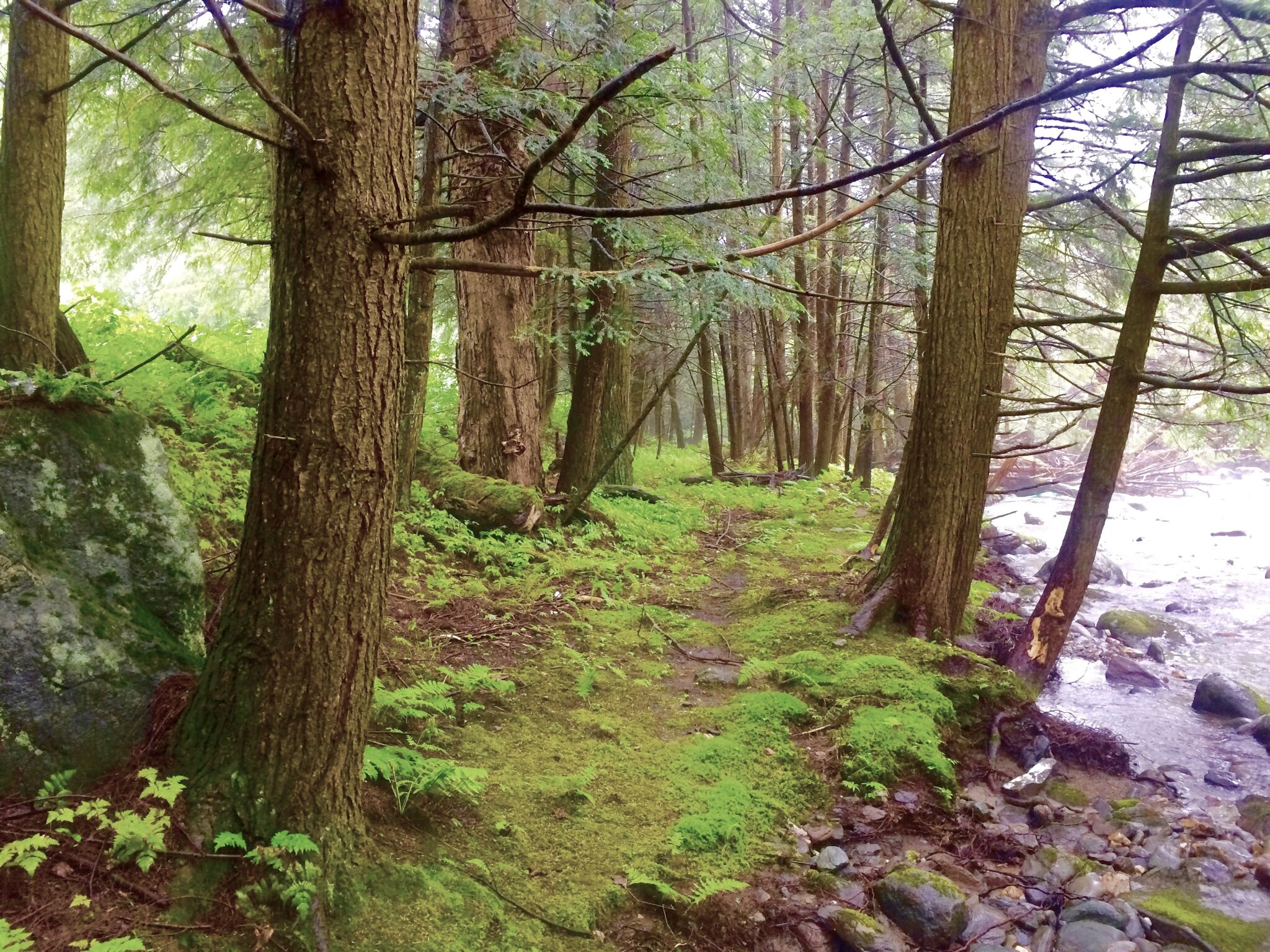Project-in-development
Relational Living Trust
Place-Based Indigenous Ecological Conservation
With over 25 years in expert land planning, appraisal, international conservation expertise, law, and high-net-worth individual and institutional consulting, Shawn Smith (Director and VP of LivingFuture Foundation) brings her Indigenous ancestry, land ethic, and considerable expertise together to create a land trust dedicated to traditional ecological knowledge stewardship, and re-learning human-land intimacy.
This form of land trust integrates sophisticated wildlife ecology based on both science and sacred kin relations, soil science, forestry, climate planning, coexistence practices, and food and medicine growing/gathering, recognizing the fact of non-separation within the living world.
Relational Living Trust embodies an ongoing learning process in our own care of SHO Farm’s 1296 mountain acres, and applies its lessons to a modern and more rigorous conservation vision that factors in climate and human impacts (including recreation), the needs of wildlife to raise their young undisturbed, how to sequester carbon while ‘farming’ within certain areas of forest, and how to work with native plants, pollinators, and birds in designing low-impact and high nutrient-yielding human foodways. The Trust will not only preclude animal exploitation— in essence creating safe zones for animals — it will advocate for and offer sophisticated planning for ongoing ecosystem enhancement. All with a guiding ethic of compassionate non-violence and deference to Indigenous life-ways which themselves reflect the deep-time knowing of place.
A primary component of the conservation mindset represented here challenges a fundamental cultural perception: that the land and all who inhabit her is here for US. We at LivingFuture perceive, understand, bond, and identify land as a living entity with humans as an integral part. We view land through the many eyes of animals who reside there. We ask the hard questions that force us to transcend human entitlement: ‘What do the animals need? What does the ecosystem as a whole need? What does the forest need? What does the climate need?”—and we guide practices that tip the balance away from human entitlement—including, for example, some types of recreation that disrupt grassland and shrub-land bird breeding cycles and the foraging and feeding patterns of wildlife rearing their young. That may mean appreciating that climate resilience represents a primary concern for the larger community of humanity, superseding our personal desires to ‘use’ land simply for our pleasure or entertainment.
Conserving SHO Farm
Conserving SHO Farm represents the first step to modeling what a typical Relational Living Trust easement might look like, and will likely upend the existing land trust model due to its insistence on understanding land through the perspective of all her inhabitants, where human entitlement is held in abeyance as we humbly reform our relationship to land, animals, and life.
